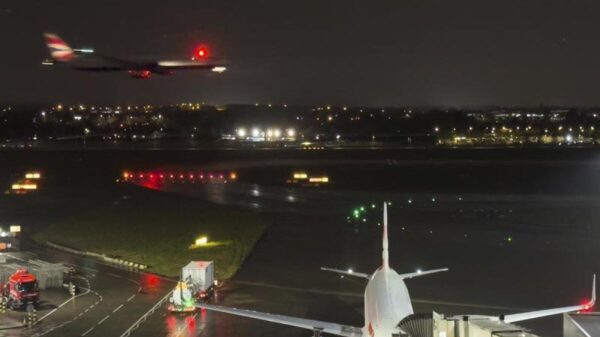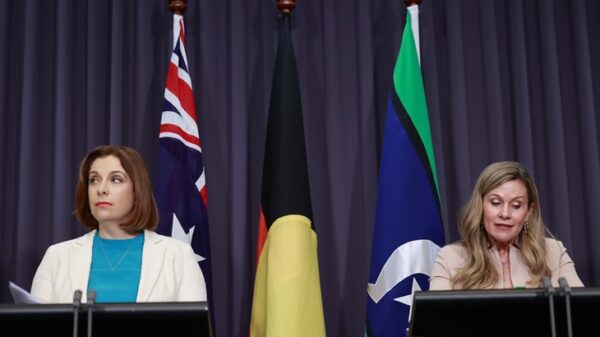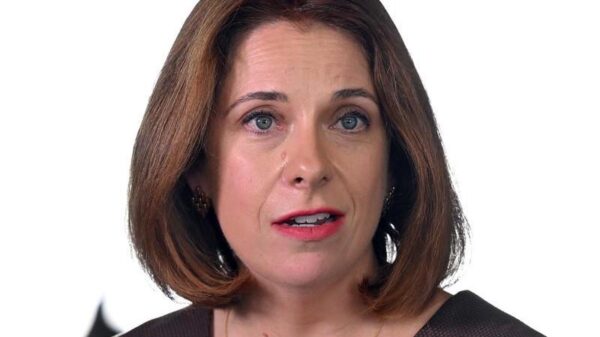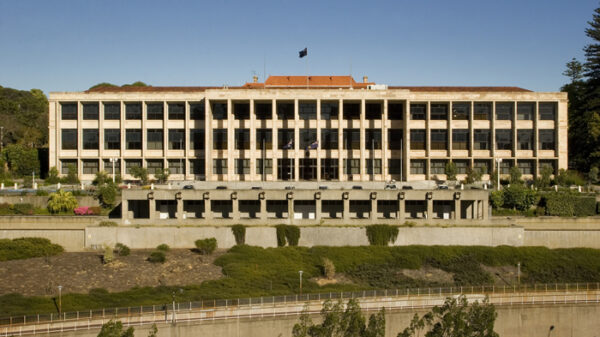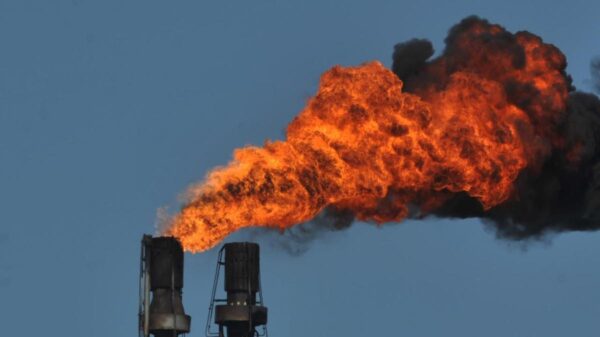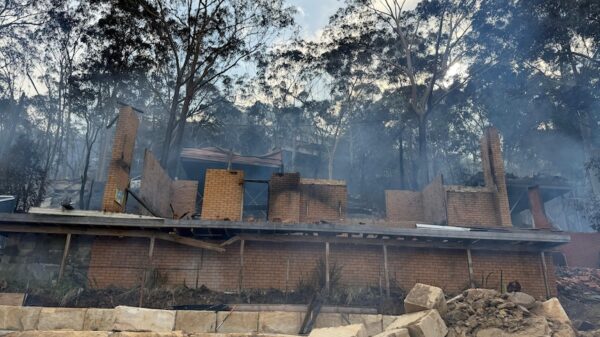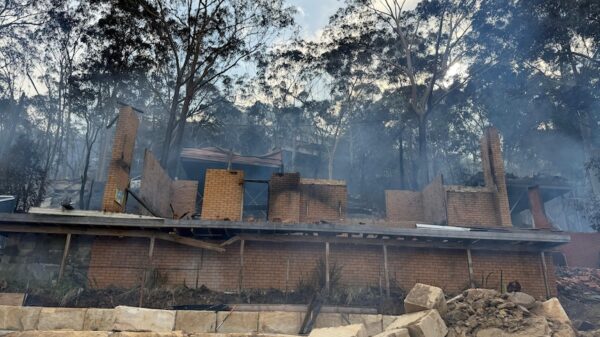Approval ratings for Australian Prime Minister Anthony Albanese have risen, marking the first time in two years that the number of voters satisfied with his performance exceeds those dissatisfied. A recent Newspoll published in The Australian shows Albanese’s federal Labor party with a strong two-party-preferred lead over the coalition, holding 56 percent compared to 44 percent.
The poll, conducted from August 11 to August 14, 2023, indicates that Labor’s primary vote remains steady at 36 percent, while the coalition has seen a slight increase to 30 percent. The Greens maintain their support at 12 percent, with One Nation rising to 9 percent. Support for independents and minor parties has decreased by two points to 13 percent.
Albanese’s net approval rating has improved from zero to plus three, with 49 percent of voters expressing satisfaction with his leadership. In contrast, Sussan Ley, leader of the coalition, reported a net approval rating of minus nine, a decline from minus seven in the previous month. Approximately 21 percent of respondents stated it was too early to assess Ley’s performance.
When asked who would make the better prime minister, 51 percent favored Albanese, while 31 percent supported Ley. The remaining 18 percent were undecided, with this group gaining two points since the last poll.
Public Opinion on Palestinian Statehood Recognition
In another poll released on the same day, the Resolve poll indicates that public support for the Australian government’s plan to recognize Palestinian statehood is divided. Conducted from August 11 to August 16, 2023, the poll reveals that 36 percent of respondents do not believe recognition will impact the situation in the Middle East, while 25 percent believe it will. The remaining 40 percent were uncertain about the implications.
Pollster Jim Reed commented on the findings, stating, “The feedback is that this move is largely symbolic, which is not to devalue the power of symbols. But in this case, people don’t think Australia’s actions will make much, if any, difference on the ground in Gaza.”
Australia’s intention to recognize Palestine aligns with similar moves by countries like France, Canada, and the United Kingdom at the upcoming United Nations General Assembly meeting in New York next month. When asked whether Australia should wait for a change in leadership of Hamas, which currently controls Gaza, or for Palestine to acknowledge Israel’s right to exist, 32 percent of respondents agreed with the necessity of such conditions. Conversely, 24 percent stated recognition should proceed regardless of the current leadership in Palestine.
The results of these polls reflect a significant moment for Albanese’s government as it navigates complex political landscapes both domestically and internationally.







